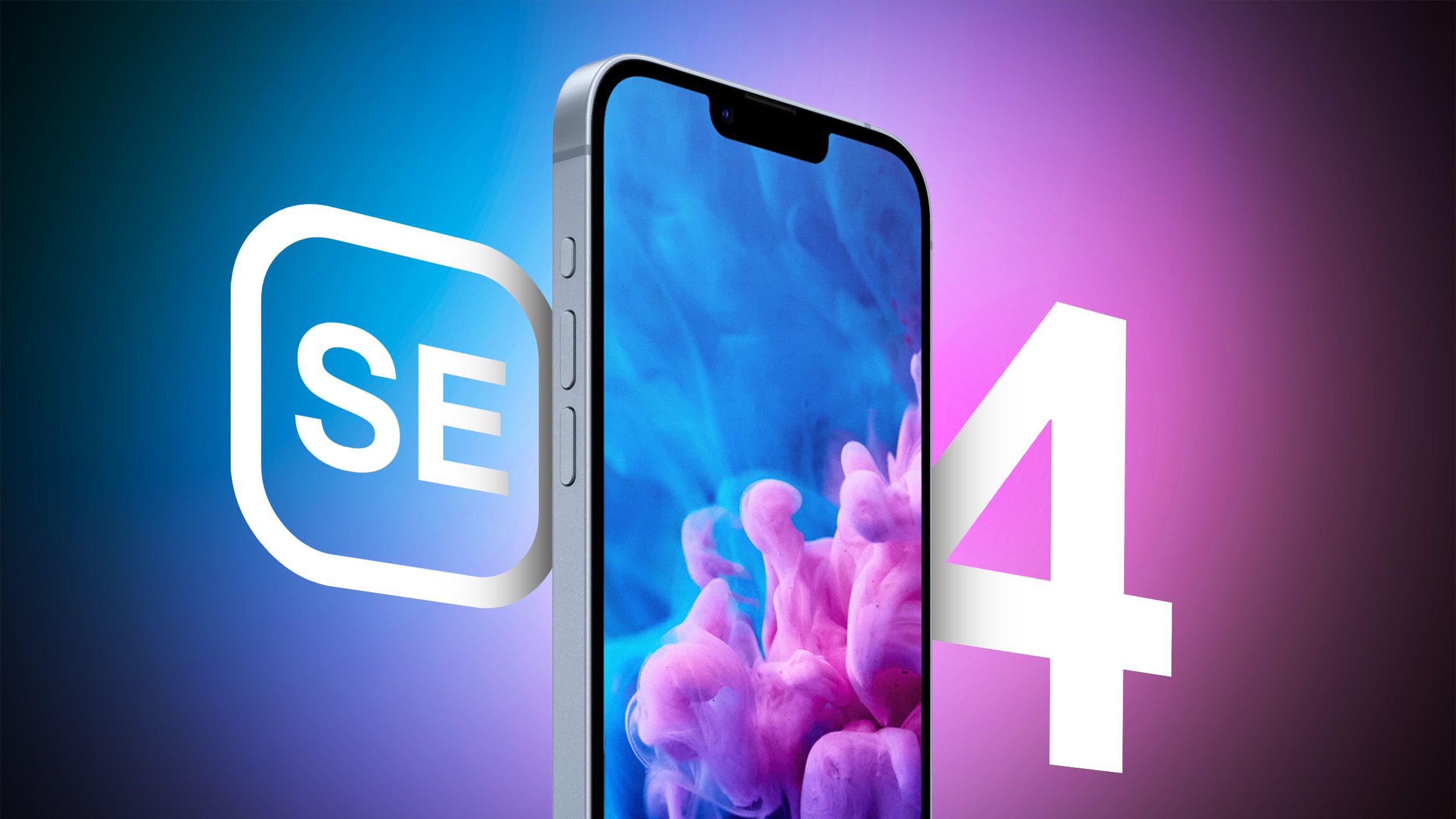
Apple’s CEO, Tim Cook, hinted at an upcoming announcement set for Wednesday, February 19. Speculation suggests this announcement will unveil the next-generation iPhone SE.
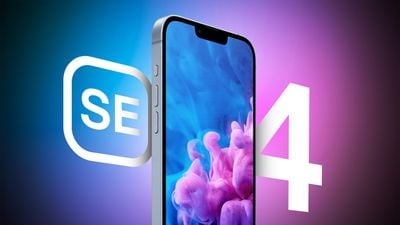
Anticipation for the iPhone SE 4 has been building for a while, and we have a good idea of what to expect. For a closer look at the features coming your way, continue reading.
Model Name
Initially launched in 2016, the iPhone SE name stands for Special Edition. Apple has utilized the SE designation for the three subsequent models, but there are rumors of a potential name change this year.
Whispers suggest the new budget-friendly iPhone might be titled “iPhone 6E” instead of the anticipated iPhone SE 4. However, this information stems from a less reliable source.
This new affordable iPhone will reportedly be powered by the same chip as the iPhone 16 and will include several features from the flagship line. Thus, it may not be surprising if Apple opts for a new designation to align it with its current high-end models. When announcing the upcoming release, Cook mentioned, “get ready to meet the newest member of the family,” possibly referring to the iPhone 16 series, but this could also imply the broader iPhone lineup.
Design Updates
The new iPhone SE is expected to adopt a design similar to the iPhone 14, featuring a 6.1-inch display. Its introduction will end the era of smaller iPhones, positioning 6.1 inches as the minimum screen size Apple will offer.
While the previous iPhone SE measures 4.7 inches, the difference in size between it and the new model might not be as drastic as anticipated. The larger screen will be evident, but the reduction of thick bezels keeps the overall physical dimensions more compact than one might imagine.


A dummy model of the iPhone SE 4
The dimensions of the current iPhone SE are 5.45 inches tall, 2.65 inches wide, and 7.3mm thick, while the new iteration is anticipated to be 5.78 inches tall, 2.82 inches wide, with a thickness of 7.8mm, resulting in a minor increase in weight.
Although Apple once offered a 5.4-inch “mini” model, it was phased out after the iPhone 13 mini due to low sales. Future plans may include catering to those preferring smaller devices through a foldable clamshell design, but rumors indicate this model is still a year away.
For those eager to envision the look of the iPhone SE, refer to the iPhone 14 design, which features an all-display layout along with an aluminum and glass exterior, volume controls, a mute switch, notch, a power button, and space for the 5G antenna/SIM tray. However, the iPhone SE 4 is expected to house a single-lens rear camera rather than the dual-lens used in the iPhone 14.
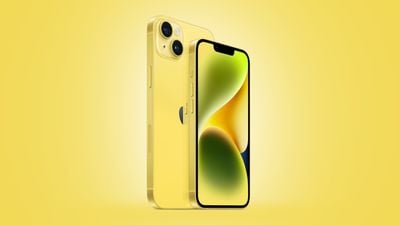

There was early speculation about an Action Button or Camera Control on the iPhone SE 4, but it seems these features may not be included after all, as dummy units and cases designed for the device have shown no signs of these additions.
Initial dummy models and cases are typically based on industry leaks, which often prove reliable due to the monetary incentive for manufacturers to have their products ready at launch.
Display Features
The iPhone 14 introduced Ceramic Shield, a superior material that enhances durability against drops and scratches. The low-cost iteration is expected to adopt this robust technology.
In a notable upgrade, the iPhone SE will feature an OLED display, marking the end of LCD usage in the iPhone series when the current model is phased out. While LCDs remain for some Macs and iPads, all iPhones will transition to OLED with the advent of the SE 4.
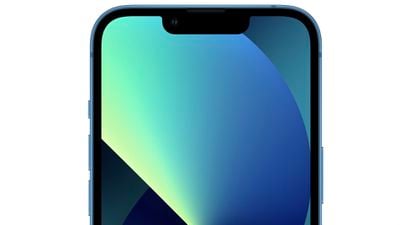

The iPhone 14 features a notch for its TrueDepth front camera and Face ID technology, and the iPhone SE will follow suit. Although there were initial rumors regarding the use of the Dynamic Island on the iPhone SE, it appears this feature will be reserved for more premium models.
Goodbye Touch ID
The transition to an all-display design akin to the iPhone 14 means the removal of Touch ID. Once the current-generation iPhone SE is phased out, there will be no models with Touch ID within the lineup.
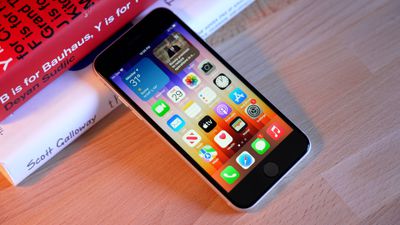

The current generation of the iPhone SE
Touch ID is still available on Macs and some iPads, but with the new iPhone SE 4, Apple is committing fully to Face ID as the primary security feature for its smartphones.
While some users prefer the convenience of Touch ID over Face ID, Apple prioritizes facial recognition technology, which offers heightened security. The likelihood that someone else can unlock your device using Face ID is substantially lower—less than 1 in 1,000,000—compared to Touch ID’s estimate of 1 in 50,000.
The removal of the Touch ID button allows for increased screen real estate, a significant advantage. While some Android devices have incorporated fingerprint sensors on the back, Apple has consistently avoided this design trend.
USB-C Integration
The new iPhone SE will feature a USB-C charging port, continuing Apple’s transition to phase out the Lightning connector.
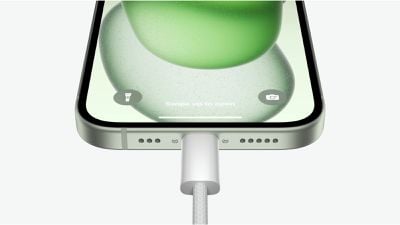

The iPhone SE remains one of the last Apple smartphones to feature the Lightning port. With the possible discontinuation of the iPhone 14 inline with the launch of the iPhone SE, the Lightning connector will be eliminated completely from the iPhone lineup. Keeping the iPhone 14 in circulation seems impractical when a more potent and cost-effective iPhone SE becomes available.
MagSafe Compatibility
The recent iPhone 14 introduced compatibility with MagSafe, and since the iPhone SE 4 mirrors its design, it will also support MagSafe accessories and wireless charging. While previous generations of the iPhone SE did not have this feature, MagSafe chargers and accessories are now integral to the Apple ecosystem.


A18 Processor with 8GB RAM
Expected to come with the same A18 chip as the iPhone 16, the iPhone SE 4 is set to deliver high-end performance at a much more accessible price point. This powerful A18 processor will ensure longevity for the device, making it a cost-effective option for utilizing Apple Intelligence functionalities.


The integration of the A18 chip ensures that the iPhone SE 4 will support advanced features powered by Apple Intelligence and will also incorporate 8GB of RAM, which is double the memory of the existing model.
Storage Options
While specific storage configurations remain unconfirmed, most current iPhone models commence with 128GB, suggesting the potential elimination of 64GB options. This smaller storage capacity no longer meets the needs of contemporary users, particularly for an entry-level device.
Camera Enhancements
The upcoming iPhone SE could feature the same 48-megapixel Wide lens found in the iPhone 16, promising significant improvements in photography quality compared to the 12-megapixel camera in the iPhone SE 3.


A dummy model of the iPhone SE 4
While the iPhone SE won’t feature a Telephoto or Ultra Wide lens, utilizing the same Wide lens will enable next-gen portraits with depth control, enhanced photographic styles, and an option for 2x optical zoom by cropping.
Connectivity Features
The iPhone SE 4 will debut Apple’s new proprietary modem, showcasing its capabilities alongside Qualcomm’s technology.
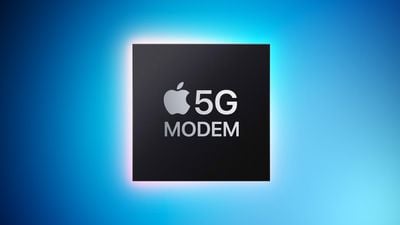

While Apple’s new modem may not support the highest mmWave 5G speeds, it will connect to the more prevalent 6GHz 5G networks. This move aims to reduce dependency on Qualcomm, initiating a new venture in modem technology.
Details concerning the promotion of the modem’s features remain uncertain, but expect marketing efforts highlighting speed and performance comparisons against Qualcomm’s existing modems used in the iPhone 16.
Safety Features: Emergency SOS and Crash Detection
Though speculative, it’s likely that features like Crash Detection—which alerts authorities in case of an accident—will be included, similar to those introduced with the iPhone 14.
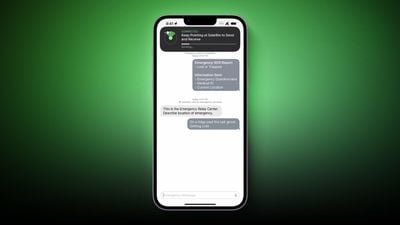

Both the iPhone 14 and its successors are equipped with Emergency SOS via Satellite, which may also be featured in the iPhone SE 4. Apple frequently highlights its safety features, making them significant selling points, so it is probable that both functionalities will be part of the new model.
Battery Life Enhancements
Rumors indicate that the iPhone SE 4 will incorporate a battery similar to that of the iPhone 14, which could yield up to 20 hours of video playback, 16 hours of streaming capabilities, and 80 hours of audio playback. The expanded size of the 6.1-inch phone offers more room for a battery, enhancing overall battery performance significantly compared to its predecessor.
The current iPhone SE offers just 15 hours of video playback and a maximum of 10 hours for streaming content.
Expected Pricing
Due to the incorporation of higher-quality components, the iPhone SE 4 may be priced higher than its current iteration, yet Apple is aiming for a retail price below $500. The starting price for the current iPhone SE 3 is $429.


No Official Launch Event
While the iPhone SE 4 is a significant addition to Apple’s smartphone lineup, it mainly features components from the iPhone 14 and iPhone 16, making it less of a groundbreaking release. Therefore, Apple will announce the iPhone SE 4 through a press release rather than hosting a dedicated event.
Earlier teasers on social media hinted at a product reveal on February 19, but details about the specific product remain undisclosed.
Release Timeline
Following its announcement on February 19, Apple is expected to commence pre-orders for the iPhone SE 4, with a full market launch anticipated shortly thereafter.









